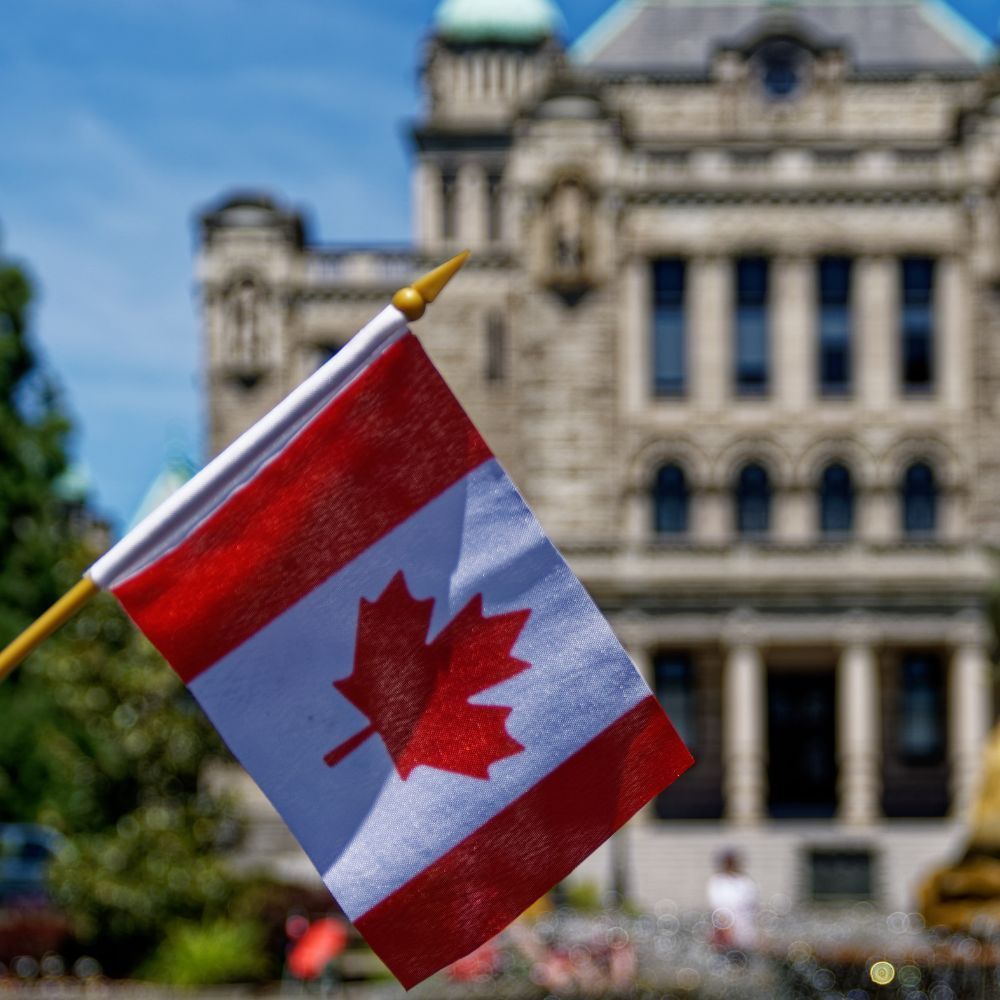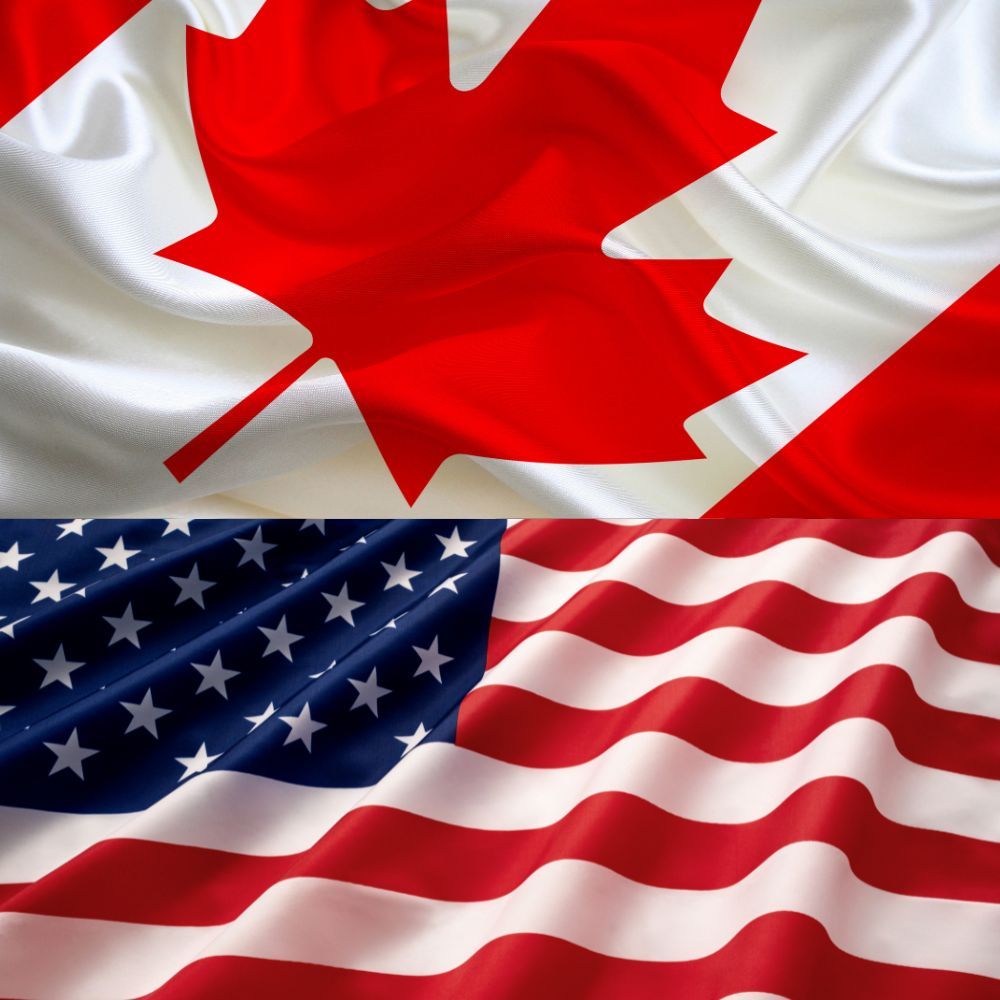The Joy of writing a Romance Novel
I am not alone, being a retired ex-journalist, political hanger on and PR guy, in that writing has been the backbone of my career.

How the tools of the trade have changed. I am old enough that my days writing various screeds go back to handwritten essays tapping on a portable Olivetti, to old Underwoods at the first paper I worked at, to the queen of mechanical typewriters the IBM Electric, to clunky desktops with Word Perfect to a series of laptops to my present HP Zbook. Always hunting and pecking I hate to admit.
Writing, writing, and more writing
But the output! Ponderous, overly wordy University essays, then local stories for the late Guelph Mercury under the inspiring tutelage of my Scottish city editor Vick who scrubbed my prose clean of all unnecessary blandishments, to scripts for TV shows at CBC and CTV, speeches for Pierre Juneau at the CRTC, to notes for Prime Minister Trudeau and press releases at the PMO, to talking notes and news releases for Ambassador Alan Gotlieb in Washington, to my first published political commentaries for the Star and Ottawa papers when I returned to Ottawa. Then to endless materials and news releases, speeches and coaching lessons for executives, and other material for clients when I ran my own PR firm. I admit some of this stuff bordered on fiction since PR firms, while defending reputations, are really in the good news business. But I learned about convincing prose and the impact the spoken word can have. I did write deliberate short punchy quotes bound to make it into TV clips.
Meaningful Diaries
Then my wife and I had a child and I decided this was such a major event that I started writing a diary a few days after she was born – a full literary work which described the early days of her life, the Gatineau countryside where we lived for several years, our dogs and friends. My daughter, now a successful career woman over 50, loves to hear the account of the harrowing trip in a snowstorm to the hospital for her birth. It will be her treasure. Then, every Saturday in Ottawa while I was at the PMO I followed the advice of a good friend who had told me to write a diary when I worked in the PMO. So, I spent a couple of hours handwriting as good a description of what had happened that week as I could. When I returned to Toronto I told an editor friend of mine about it and asked him to look at parts I’d typed up. He allowed, as there was a book in it, and I found a publisher and away we went. Close to the Charisma (McClelland and Stewart, 1986) was well-received and I made enough money from it to buy a fine French-Canadian armoire with some to spare.
A New Venture
My first venture into real fiction took me from 1994 to 1996 to unravel what I hoped was a thoughtful series of yarns about a good man, an Anglican priest, Father Pat, as he deals with the world, the flesh and the devil in a very secular world. In a way I was writing about a life I almost had since I was to be a priest, went to seminary for a year and left it to be a journalist feeling my voice would be heard more effectively in that pursuit. The Father Pat Stories (Dundurn 1997) came out when I was President of my PR company. My Rogers client threw a fine party. But neither I nor the family was thrilled with this fairly self-indulgent work.
Retired, and felt I had to try another book. I certainly had time. It struck me during my daily walks with other dog people through a wonderful woodlot in South Aurora (yes, I had become a suburbanite) that this might be a great location and theme for a romantic novel. Something so full of love, dogs and positive emotions that it would be a real tonic to distract from the horrors of the daily news and Donald Trump. Almost no politics, the cast of my book would be vaguely leftish, but it would never come up. Loving sex only. Lots of dog stories and interaction. Cottage life where everyone is happy and there are no rules. This was inspired by the neat caring people with dogs I met daily in the woods. I even have dogs walking up the aisle with my two main characters who fall in love walking their dogs and get married.
Good Therapy
Just think about pecking away at happy stories for days on end. New wife of a widowed man with a grown-up daughter becoming best friends with her. I highly recommend it as a life affirming activity. And if what ends up between covers is not much more than a Hallmark movie, so be it. Watching them makes millions of people feel better. There is an end story which sets this book apart from regular romance novel fare. I discovered that alpha Wolves mate for life and that there are documented stories of one losing a mate and like elephants suffering real bereavement and showing it with pitiful howling. Hollie, the book’s chief character is a book illustrator and reads an Ernest Thomson Seaton book about a wolf called Lobo who dies of a broken heart when his mate Bianca is killed. She finds an Algonquin Park naturalist study of the Algonquin wolf who has written about a similar scene. That’s it. She decides to go to the park and spend time watching wolves and photographing them to be the basis for her own drawings for a story that follows a fictional pair who lose a mate. Love never dies becomes a theme, and the subsequent wolf story proves it for wolves and characters in the book.
Slow Love which I self-published turned out to be the most satisfying piece of writing I have ever done. Try it. Best therapy ever. Write and imagine good things happening to your characters. What a thought! A total change from a lifetime of writing more “meaningful” stuff.
Patrick Gossage Insider Political Views




